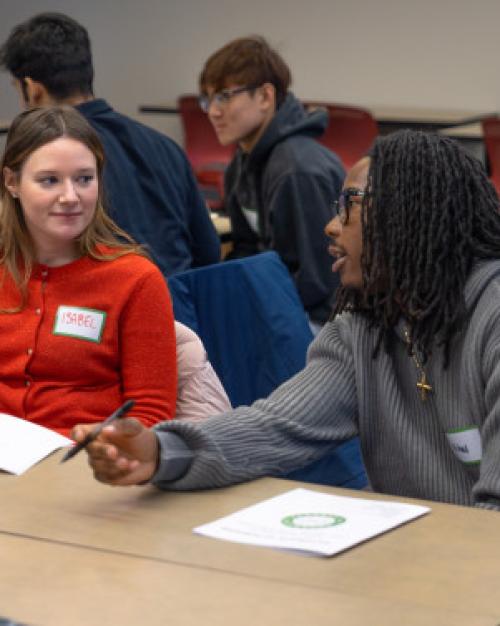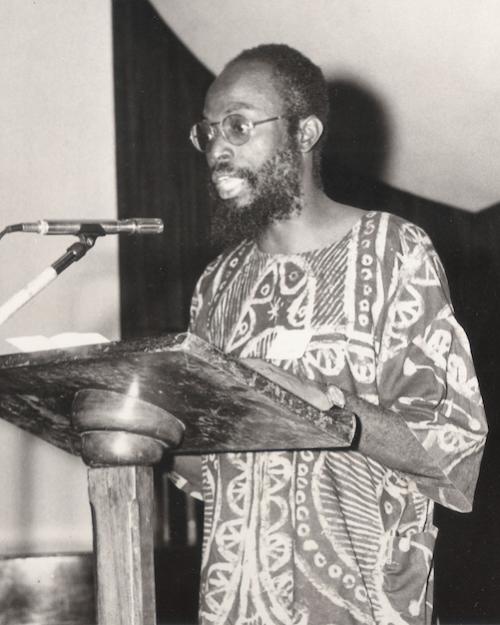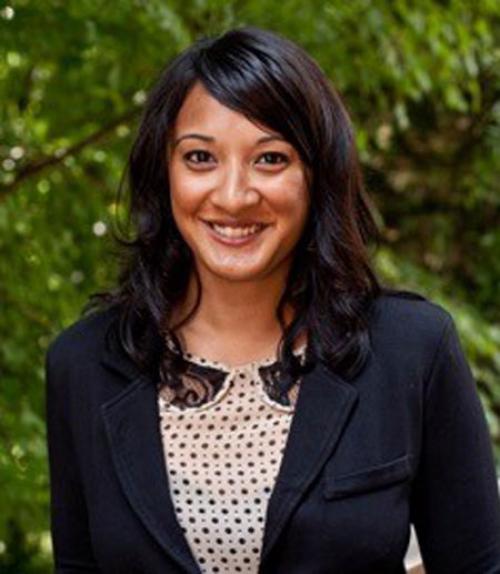Sabrina Karim, a new assistant professor of government, has been awarded the Conflict Research Studies Best Book Prize for 2017 for her new book, “Equal Opportunity Peacekeeping: Women, Peace, and Security in Post-Conflict States” (Oxford University Press, 2017), co-written with Kyle Beardsley, Duke University. The prize honors research on conflict and peace that is “contemporary, exceptional, and world leading, and which provides an invaluable contribution to the literature on conflict and peace.”
The prize committee described “Equal Opportunity Peacekeeping” as a “tour de force” and praised it for its “outstanding scholarship” and “important contributions to the fields of peacekeeping, gender studies and to those interested in organizational efficacy in any field of work.”
Said Karim: “Globally, there has been a call for more women in the provision of security in both domestic security sectors and international peacekeeping. I wanted to be at the forefront of understanding what this means for countries, what it means internationally, what it means for the women entering into these jobs and deployments.”
“Equal Opportunity Peacekeeping” is an empirical exploration of peacekeeping with an emphasis on the implications for gender (in)equality in and through missions. Karim and Beardsley pose the question, to what extent peacekeeping operations have achieved gender equality and been vehicles for promoting gender equality in post-conflict states. The authors argue that gender power imbalances between the sexes and among genders place restrictions on the participation and contributions of women in peacekeeping missions. They examine how discrimination, a relegation of women to safe spaces, and sexual exploitation, abuse, harassment, and violence continue to threaten progress on gender equality, and look at the origins and consequences of these challenges.
“My research has uncovered that increasing the number of women in the security forces is only half the solution,” said Karim. “For changes in the way security is actually provided, the women in the organizations need to be able to fully participate and be decision-makers.”
Karim received her PhD in political science from Emory University in 2016. She received her MSc. in Forced Migration from Oxford University in 2008 and a B.S. from Georgetown University’s School of Foreign Service in 2007.
She is currently working on three projects: assessing the impact of international involvement in security assistance to post-conflict states; understanding trends in post-conflict sexual violence; and exploring the relationship between gender norms and political violence.




